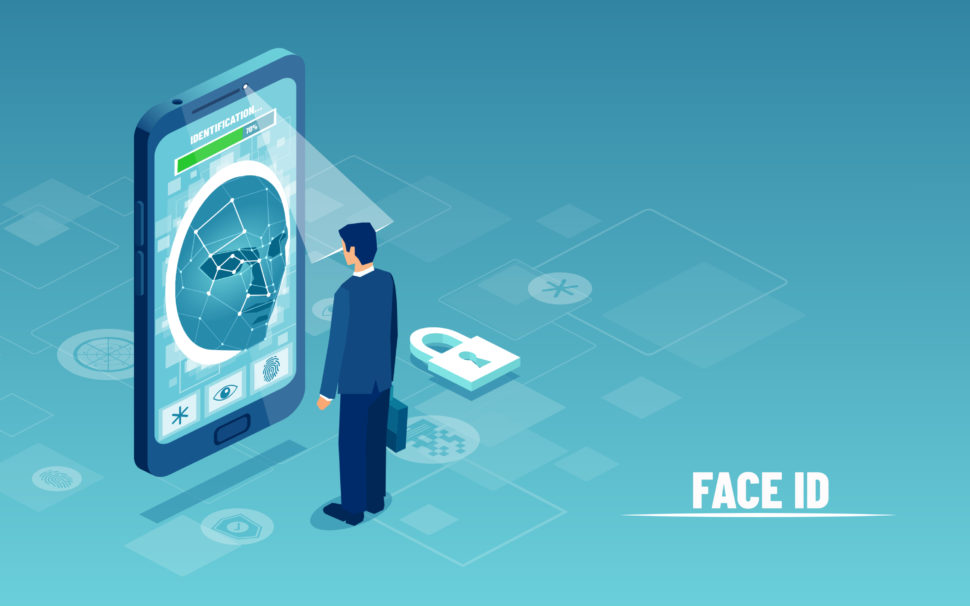Hundreds of employers in the United States now depend on a new AI assessment system to enhance their hiring process.
However, experts find it “profoundly disturbing.”
Large corporations with tons of high-volume, entry-level openings are increasingly turning to automated systems to handle the tasks. From finding candidates to assessing resumes, various AI systems can help streamline the hiring process.
However, HireVue may be the leading player in this brave new world. Back in 2014, the Utah-based startup developed an AI assessment service as an add-on to its video interview software.
During an interview, the system would use candidates’ computer or smartphone cameras to analyze their word choice, facial movement, as well as their voice. Then, it would automatically generate an “employability score” to rank them against other applicants.
The facial recognition app soon caught on.
Currently, over 700 companies across the world have used HireVue’s AI assessment service for nearly 12 million interviews. What’s more, universities are now training students on how to look and speak to earn the highest employability score.
So, how exactly does this facial recognition system work?
How HireVue’s AI Assessment System Works
In a statement to the WashingtonPost, HireVue’s chief industrial-organizational psychologist, Nathan Mondragon, said that the standard 30-minute HireVue assessment only has about half a dozen questions. However, it can yield as much as 500,000 data points, which becomes a factor in calculating an applicant’s score.
First, the employer decides the written questions for the interview. Then the AI system presents these questions to the candidates while recording and analyzing their responses.
For example, it notes how excited candidates seem about a specific word task or how they would react to angry customers.
According to Mondragon, the “Facial Action Units” accounts for 29 percent of a person’s employability score. Meanwhile, the rest of the scores depend on other audio features, such as the candidate’s tone and voice.
Mondragon told The Post:
“Humans are inconsistent by nature. They inject their subjectivity into the evaluations. But AI can database what the human processes in an interview, without bias. … And humans are now believing in machine decisions over human feedback.”
With that said, not everyone seems impressed with HireVue’s AI assessment system.
The AI Assessment System is a “License to Discriminate”
Some AI researchers were less than impressed with the HireVue’s facial recognition app. Its unfounded blend of superficial measurement and random number-crunching have no scientific basis, they argued.
Not only could the model penalize visibly nervous candidates, but non-native speakers are also likely to score low, regardless of their skill. The AI system mostly screens anyone that does not fit its model for look or speech.
According to the co-founder of the AI Now Institute, a research center in New York, Meredith Whittaker, that’s discrimination.
Speaking about the Artificial intelligence system, Whittaker said:
“It’s a pseudoscience. It’s a license to discriminate. And the people whose lives and opportunities are literally being shaped by these systems don’t have any chance to weigh in.”



















Comments (0)
Most Recent